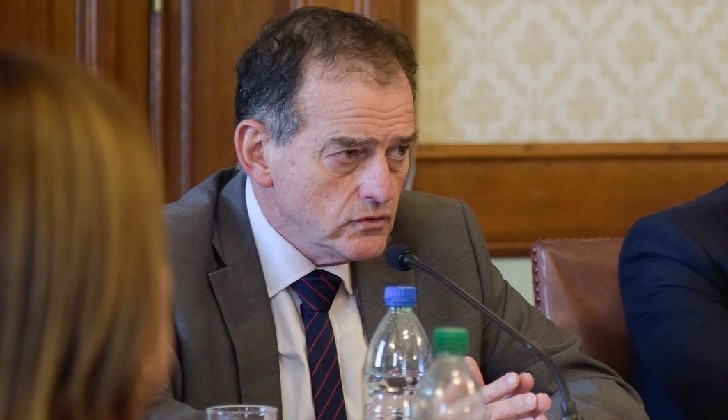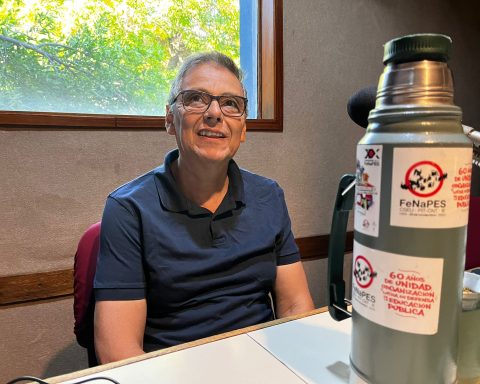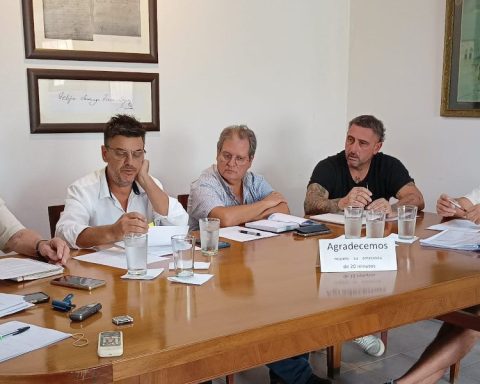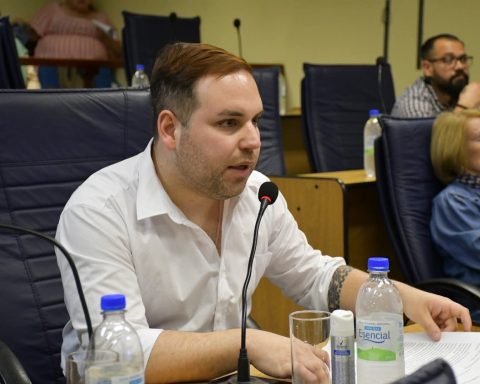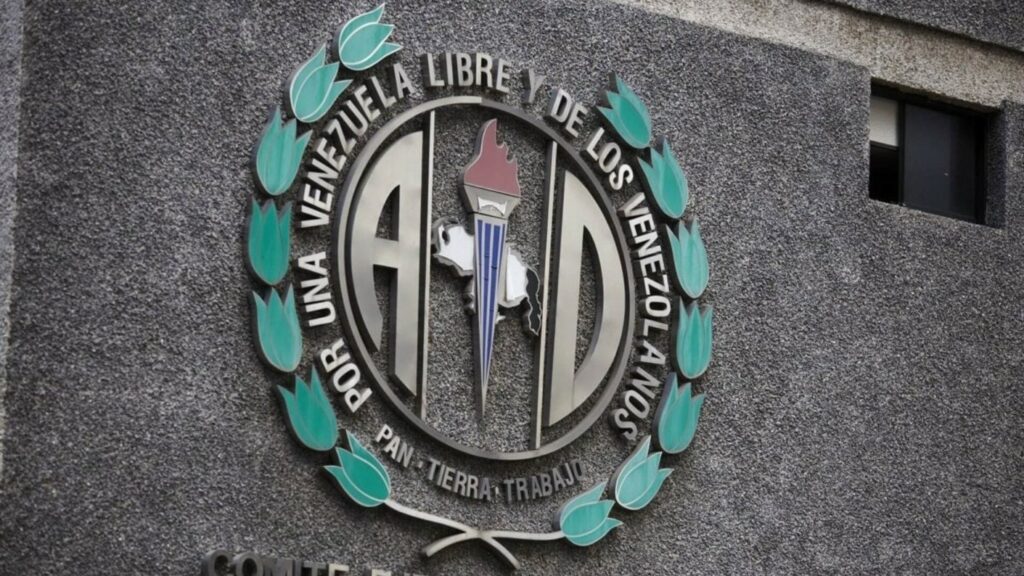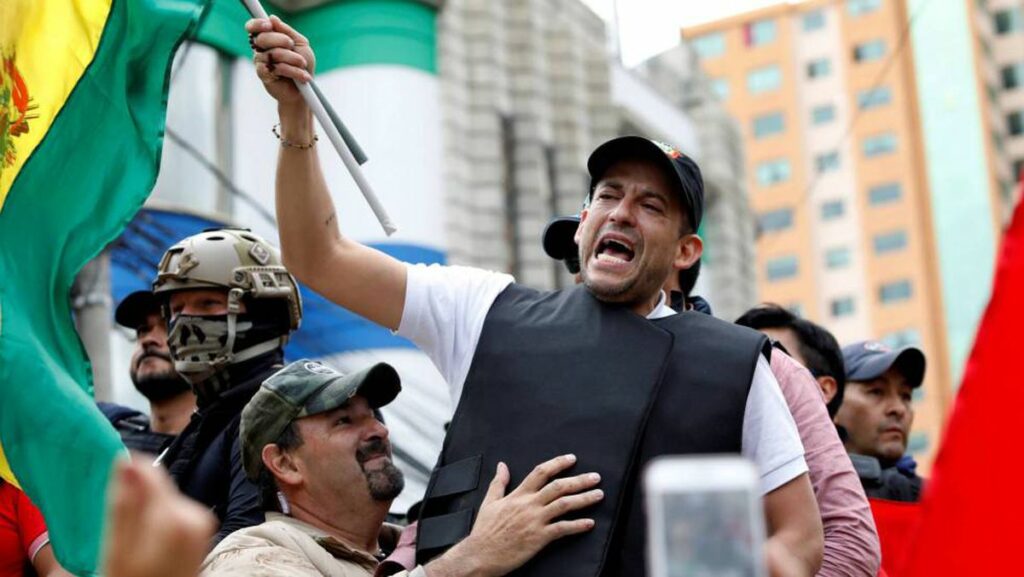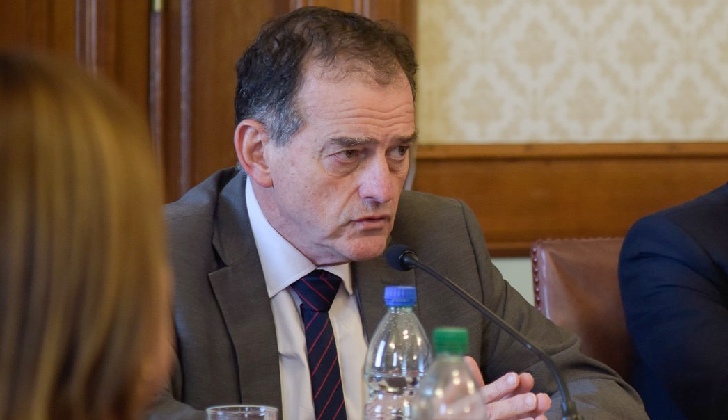
In an unusually quick manner, and just before the end of the year, the Senate approved a bill for historical and social reparation for victims of certain armed groups between 1962 and 1976, which was established in a draft commission to the Executive Power, and It was prepared at the request of Senator Guido Manini Ríos, from the pro-military and ultra-conservative Cabildo Abierto (CA) party.
Guillermo Domenech, also from CA, said that “the victims of political violence were people who in general did not have any political militancy, were not aligned with any political current, did not have any ideological bias that would have presented them as notoriety figures.” “They were people of very humble origin, who left their families helpless,” Domenech insisted, adding: “there is a large series of people murdered, kidnapped, looted, that Uruguay should have spared itself, perhaps seen with the newspaper of the Monday, but all these people whose human rights were violated, as General Líber Seregni well recognized in a television interview, their human rights were violated and they did not obtain any type of reparation in these 50 or 60 years after the events occurred ”.
“We believe that history has to be written in its entirety and we have to remember the sacrifice of these people, which cannot be remembered as a useless or sterile sacrifice, but rather so that these events do not happen again,” the far-right legislator rounded off.
Carmen Asiaín spoke for the National Party, who affirmed that the bill grants “the right to reparations to those people who have suffered attacks on their person or property by members of ideological armed groups.”
It is not known exactly how many people are possible beneficiaries of these new economic reparations. In a previous project, also presented by Cabildo Abierto, but which did not come to an end, there was talk of about 80 cases. Although there was no allusion to any specific armed or guerrilla group, the measure was aimed particularly at the victims of left-wing armed groups, such as the Movimiento de Liberación Nacional – Tupamaros or the Popular Revolutionary Organization 33 Orientales, despite the fact that throughout In the modern history of Uruguay there have even been extreme right groups that have left victims.
Rejection from the Broad Front
From the opposition there was a unanimous rejection of this idea, because it only targets certain armed groups. For Senator Silvia Nane, the idea of ”the two demons” is installed.
“The government coalition voted expressly in the Senate today for a bill to repair victims of “armed groups”, which supports the theory of the two demons. We are finding out how much the votes of the Cabildo Abierto are worth for a disastrous reform of Social Security”, Nane commented on Twitter.
For Senator Óscar Andrade, the project generates “a lot of doubts”, among them the selection of dates from 1962 to 1976, when in his opinion there is evidence of other victims of political violence from the year 1956 inclusive.
“Are we going to a discussion of deaths by violence in Uruguay? They did not start in 1962, I do not understand the date, it would have to be much broader, and for a serious treatment we would have to measure how many it impacts”, explained the leftist legislator.
And he added: “there is a story that needs to be enriched, that has to be told much more, examined in depth in times other than those in which this bill has been treated. If what we want to do is a rigorous examination, which then finds a legal response that tries to incorporate the whole story, we owe ourselves that debate, but it is clearly not what this bill puts on the table.
For his part, Charles Carrera denounced that the legal teams that advise the relevant commission were not allowed to read and study the project to determine if there is any unconstitutionality, and that the scope of the project is not clear.
